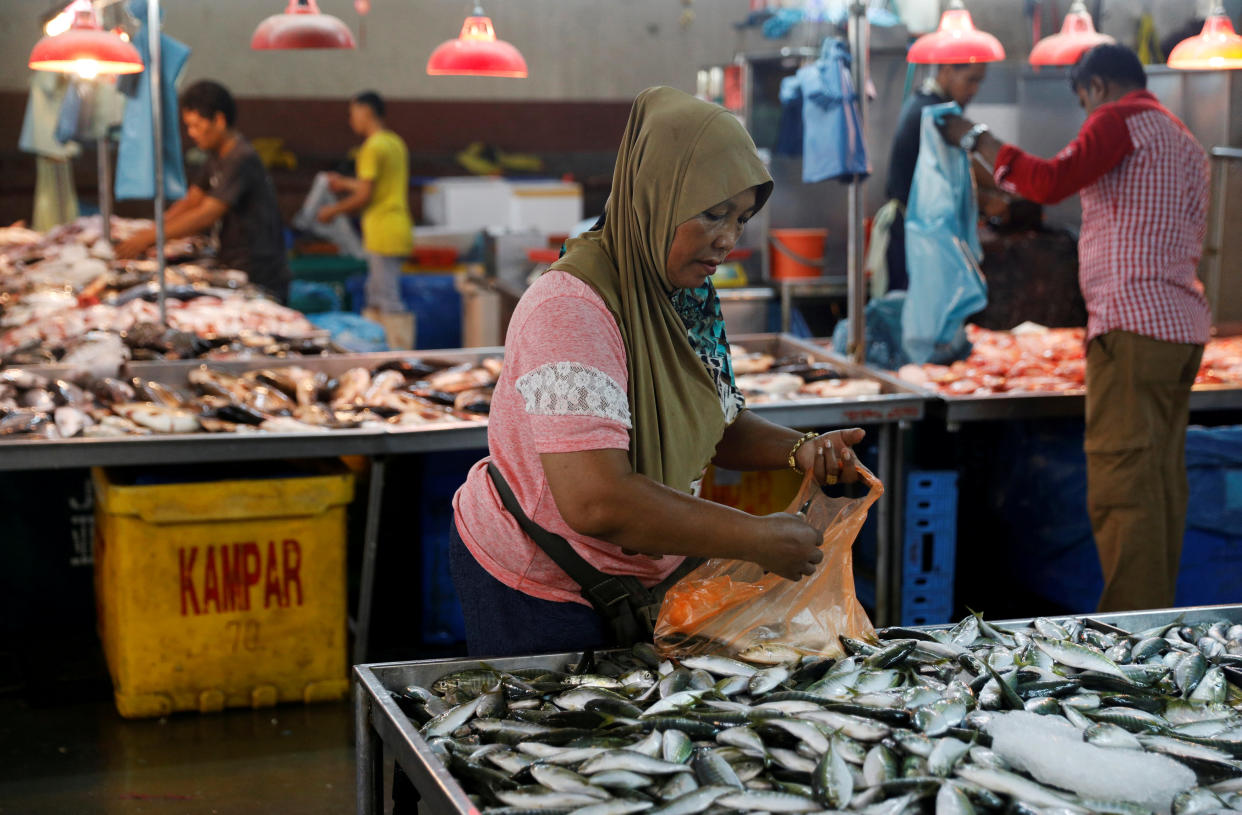Malaysian curbs on seafood exports unlikely to seriously impact Singapore: AVA

Malaysia’s recent moves to prohibit the export of five species of wild-caught fish and shrimp are unlikely to seriously hurt Singapore’s seafood supply, according to the Agri-Food and Veterinary Authority of Singapore (AVA).
“Such export restrictions have been in place over the past six years, due to lower supply during the monsoon season and higher demand during festive periods,” said the AVA in a statement on Wednesday (19 December).
“Based on past years’ experience, the export restrictions are not likely to have a significant impact on our overall seafood supply, as importers are well-prepared to tap on other readily available sources during the stated periods.”
Fraction of Singapore’s seafood supply
On Monday, the Malaysian government said that it would prohibit the export of the five species to meet the shortage in the domestic market during the monsoon and festive seasons.
The “kembung” (mackerel), “selar” (trevally), “pelaling” (Indian mackerel) and “bawal” (pomfret) fish, as well as shrimp, will be banned from export from 1 January to 28 February next year.
AVA noted that, together with the “selar” (horse mackerel), the affected species are similar to that of previous years. For this year, Malaysia’s exports of these six species of seafood formed less than a tenth of Singapore’s total seafood supply.
The agency said that it had been informed by Malaysia of the seasonal export restrictions, which will also run from 1 May to 30 Jun 2019, in October.
Restrictions on egg exports
Last Monday, Malaysian Domestic Trade and Consumer Affairs Minister Saifuddin Nasution Ismail said that Malaysia plans to limit or stop egg exports to ensure a sufficient supply for the domestic market.
About 73 per cent of the eggs consumed in Singapore come from Malaysia, while around 25 per cent are produced domestically. Less than 1 per cent are imported from accredited farms in Thailand, Japan, Australia and New Zealand.
The AVA has given assurances that Singapore has a wide range of alternative sources for eggs, including from its farms.
More Singapore stories:
Ex-Goldman Sachs banker Tim Leissner banned for life by MAS over role in 1MDB scandal
November surprises with close to 1,200 residential units sold
Charged: Man who allegedly fled with $35,000 in jewellery from Choa Chu Kang shop



